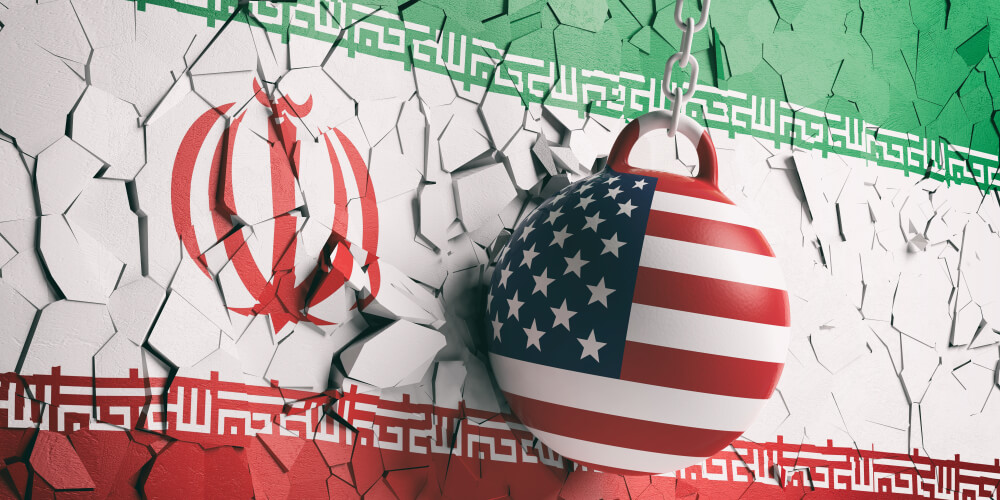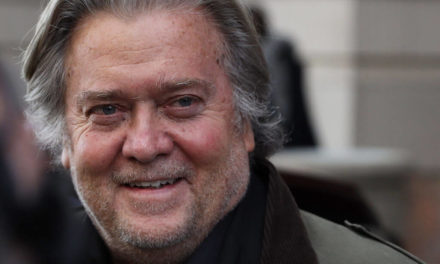Saudi Arabian Prince and former chief of Saudi intelligence Turki Al-Faisal thinks the U.S. assassination by drone strike of Iranian Gen. Qasem Soleimani was a warning to Tehran, but that doesn’t mean Iran isn’t going to continue it’s own agenda.
“The taking out of Soleimani definitely has been an important step to check at least some of the ambitions of Iran after its very provocative actions in the past year,” Al-Faisal said in an interview with CNBC’s Hadley Gamble.
“The attacks on the oil tankers, culminating in the attack on the Aramco facilities, and there was no response,” he continued. “This was a sort of wake-up call to the Iranian government and the Iranian leadership that they can’t get away with it.”
Iran has remained stalwart in denying any involvement in those incidents.
And Al-Faisal doesn’t think Soleimani’s death will put a stop to Tehran’s agenda going forward, which “is to be the dominant representative, if you like, of all of Islam in the world.”
“It definitely was a very important step,” Al-Faisal said. “Whether it would stop further activities by Iran to use the methods that Soleimani was very clever in using — I don’t think so.”
Al-Faisal thinks Tehran will continue backing other groups to advance its project, like the Iranian-backed strike by Kata’ib Hezbollah forces on a military base in Kirkuk, Iraq that killed a U.S. civilian contractor in December last year.
“That is going to continue. Maybe less efficiently than when Soleimani was alive, but inevitably, equally terroristic and, in my view, evil in its intent,” Al-Faisal argued.
Iranian President Hassan Rouhani made some veiled threats against the U.S. and EU’s occupation in the Middle East on Wednesday, saying there “might be in danger tomorrow,” during an impassioned speech.
The Saudi prince doesn’t think U.S. forces should be in a rush to leave Iraq, and he recalled meeting with officials from the U.S. and U.K. during the initial invasion of Iraq.
“I remember I used to say to them that I hope that you will not leave Iraq as precipitously as you entered it,” Al-Faisal recalled. “We’ve seen America pull out troops and then Al-Qaeda begins operations, and then they have to push back in troops under General (David) Petraeus.
“I don’t know what type of … organization (is) coming, but it will definitely be much more complicated and more blood shedding than it is with American troops in there.”




